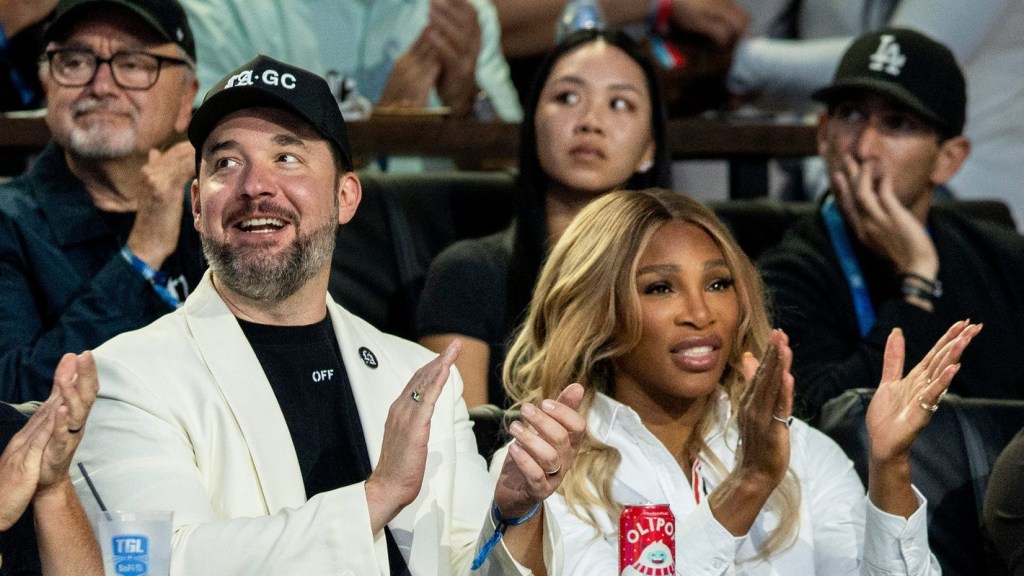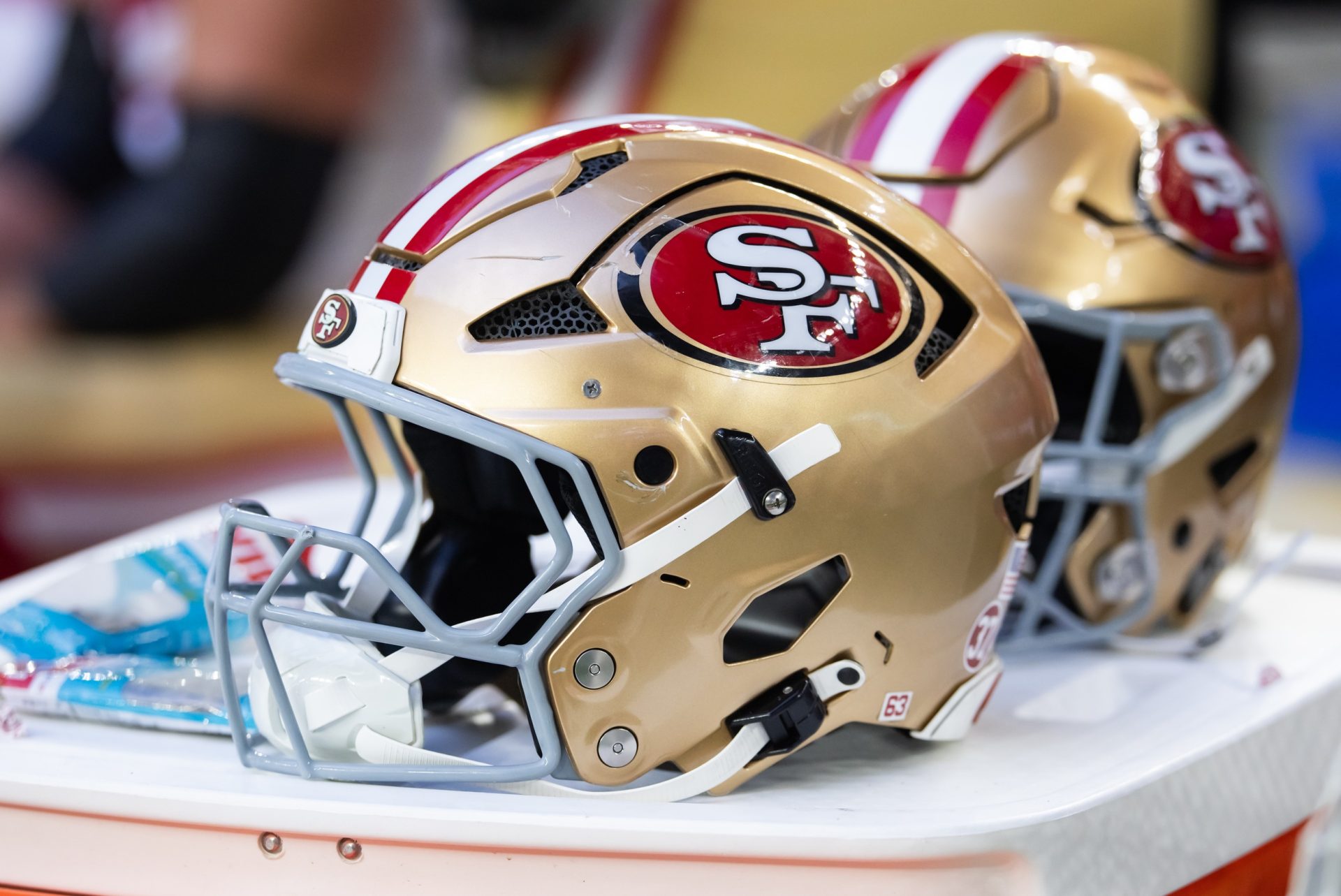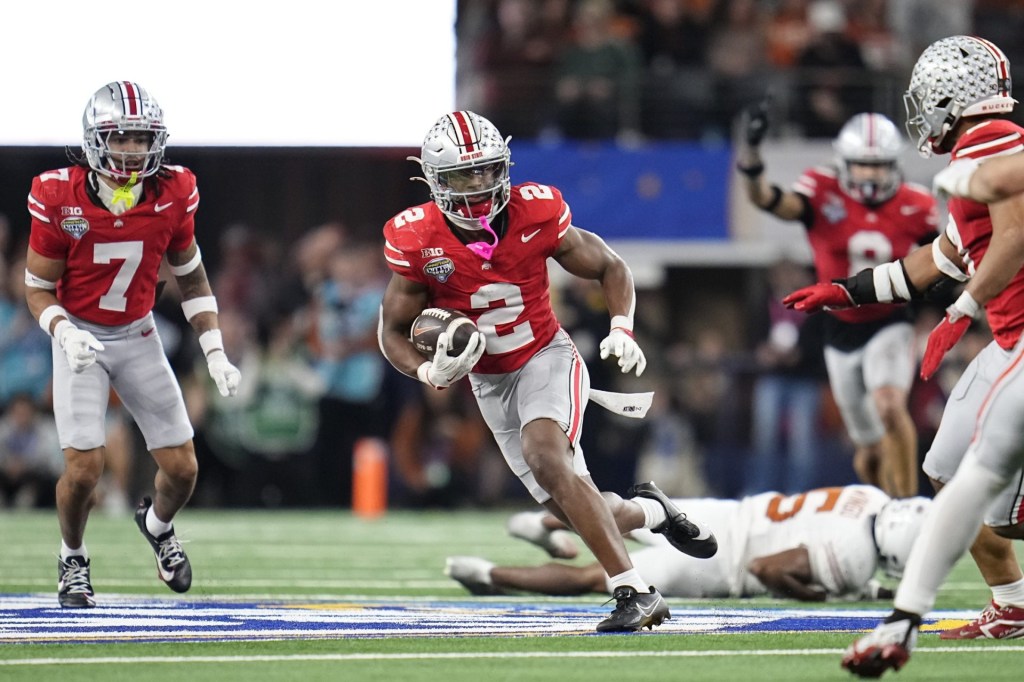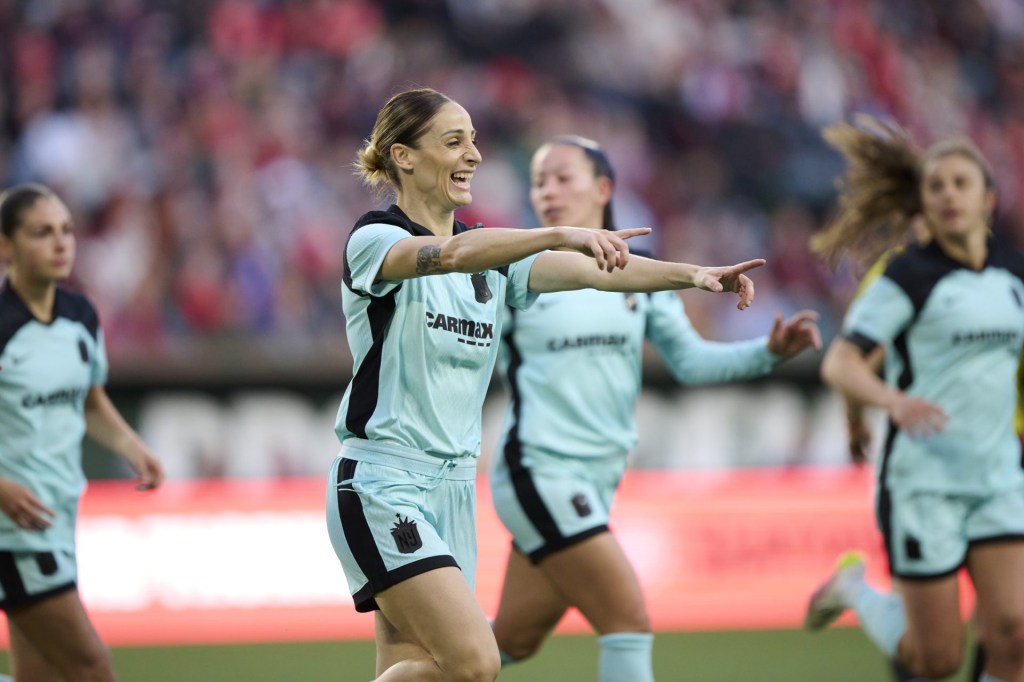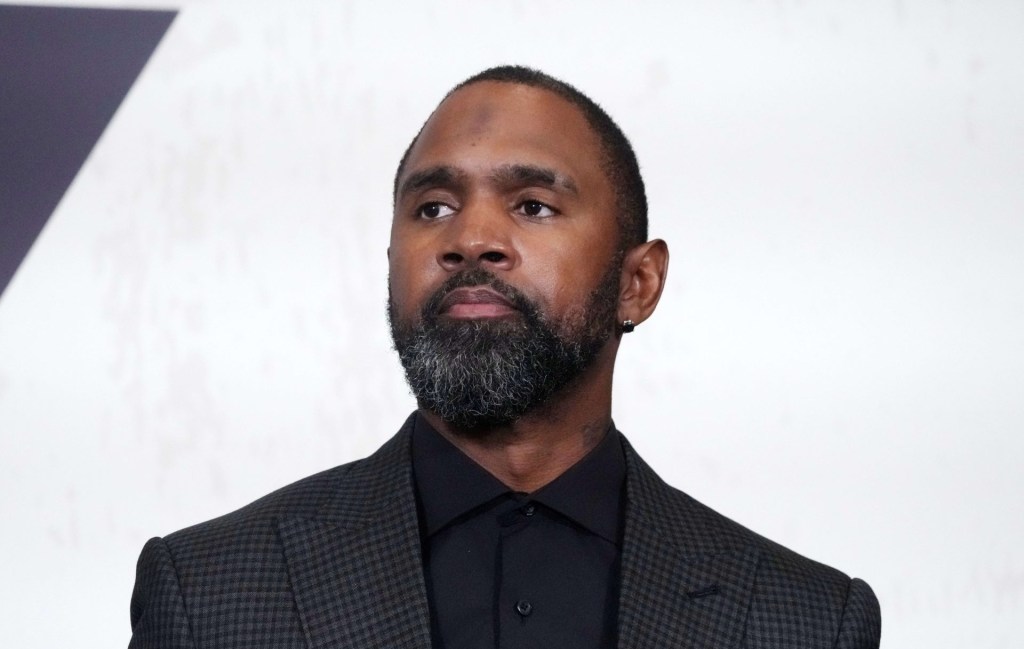Penn Entertainment is battling an activist investor that believes the company has woefully underperformed compared to sports betting peers, and while it seeks to appease HG Vora by nominating two of its proposed board members, it is still criticizing the activist’s reckless approach and “blunderbuss” campaign.
The two sides have been engaged in a heated dispute ahead of Penn’s annual shareholder meeting slated for June 17, with more than 25 meetings or calls having been held in the last two years, according to a statement issued by Penn on Thursday. At that meeting, shareholders will vote on nominees for the company’s board.
HG Vora Capital Management LLC, which proposed the addition of three board members of its choosing, has been blasting Penn’s performance under current CEO Jay Snowden. The firm owns a roughly 4.8% stake in Penn, which it says makes it “one of the largest shareholders.” It thinks Penn has plenty of potential—in fact, it believes the company “owns the best portfolio of geographically diverse regional casinos in the country.”
“But, Penn’s stock has underperformed those of its publicly traded gaming peers over the last two, three, four, five, six, seven, eight, nine and ten years, and during the tenure of the Company’s CEO and most of the independent directors,” HG Vora said on a website set up to keep shareholders informed of its position.
Penn’s shares are down 20% year-to-date. Shares of DraftKings are about 1% lower and shares of Flutter Entertainment, FanDuel’s parent company, are nearly 6% lower over the same period.
The activist, which on May 7 sued Penn in Pennsylvania federal court, claims the underperformance is a “direct result” of Penn’s strategic shift to invest heavily in online sports betting, including its more than $2 billion deal with Disney for the right to the ESPN Bet trademark for 10 years. That deal has not been going so well, with Snowden in February acknowledging difficulties and even suggesting the company could exercise an opt-out clause that’s available next year.
All of that background led to Thursday, with Penn’s statement saying it has nominated two of HG Vora’s proposed board members, that two of its existing directors will step down, and another recently decided to retire. Penn noted it has undertaken “significant efforts to reach a mutually agreeable and reasonable resolution”— although the company continued throwing gasoline on the fire.
In a section titled “Overview of HG Vora’s Blunderbuss Campaign and Reckless Approach to State Gaming Authorities and Applicable Law,” Penn said HG Vora has “consistently made demands of the company that would have been value-destructive and that were short-sighted, short-term and self-serving in nature.” (“Blunderbuss” refers to a 17th-century muzzle-loading firearm, and is used to describe actions viewed as blunt and imprecise.)
Penn admits there has been “near-term volatility” due to its strategic shift into sports betting but believes that will be its primary driver of business moving forward. The U.S. sports betting market has exploded in the wake of a 2018 U.S. Supreme Court decision that struck down a federal prohibition. The American Gaming Association said earlier this week that commercial sports betting revenue reached $13.78 billion last year, up 24.8% over the prior year. When it comes specifically to online sports betting, the growth is just as significant. The AGA said last month it was up 26% over the prior year.
HG Vora has already indicated it’s not in favor of an agreement under which only two of its nominees join the board. In a statement Tuesday, the firm said that while the potential addition of two board members is “a step in the right direction,” it believes all three are necessary to right the ship.
The two HG Vora nominees Penn is in favor of are Johnny Hartnett and Carlos Ruisanchez. The company says they “would bring relevant expertise and experience in the gaming industry—across both digital and retail—and would be additive inside the Boardroom.” Hartnett is a non-executive director of Blackstone-backed Superbet Group and previously served as CEO there for five years. Ruisanchez is the cofounder of Sorelle Capital, which invests in the hospitality sector.
The third, William Clifford, Penn says is “unsuited” to serve on its board for numerous reasons, including that he previously served as CFO for Penn, and during his tenure he was against “key initiatives” that would bring the business into the modern era, including updates to IT and financial processes, Penn said.
HG Vora has previously gone after companies including Office Depot and international sports and betting company 888 Holdings. The activist successfully lobbied for a board refresh at Office Depot in 2022, while the outcome of the 888 campaign is not clear.
Representatives for Penn and HG Vora did not immediately respond to requests for additional comment Thursday.



